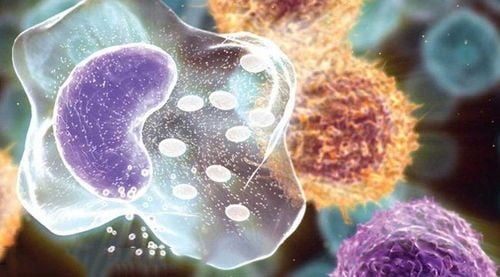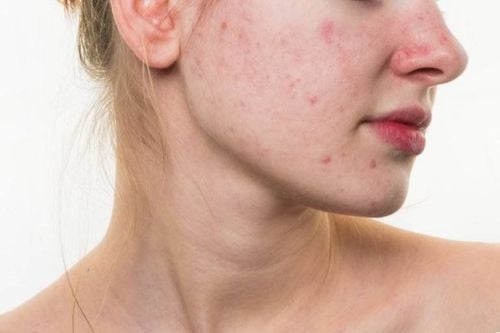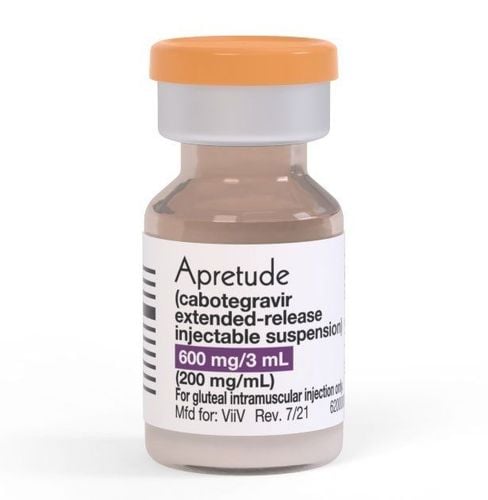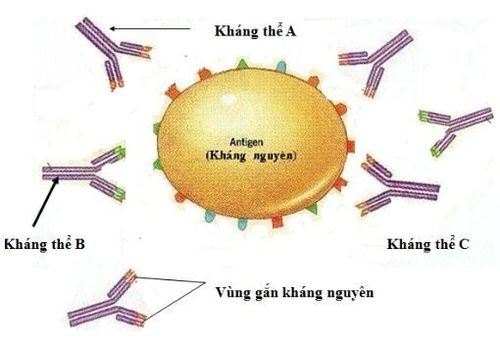This is an automatically translated article.
One of the important roles of sleep is to build a healthy immune system. Therefore, with severe sleep deprivation, the immune system cannot function properly and increases the risk of microbial diseases.
1. How does the immune system work?
The immune system is a complex network throughout the body that helps fight disease through a variety of defense mechanisms.
The immune system is usually divided into 2 main types:
Innate immunity: Innate immunity, which protects the body against pathogens in a certain way. This type of immunity includes skin, mucous membranes, secretions, white blood cells, macrophages, and complements... Specific immunity: Also known as acquired immunity, it includes the ability to ward off pathogens. specific disease. Each type of agent has a different response. Steps of the body's immune response:
When foreign agents can enter, it is immediately blocked by non-specific immune factors. If they can break through the previous barrier, they will move on to the next cell barrier. They will encounter phagocytosis and are attached to it by receptors on the cell surface. Next, the cell membrane will concave into the microbial envelope and then close to form phagocytic cavities. Finally, the lysosome particles reach and destroy the foreign agent that enters the body. Finally, when the non-specific immune barriers are unable to destroy the microorganism, foreign antigens are presented and the specific immune system is activated. The immune system is specifically composed of B and T lymphocytes. These immune systems are created to destroy microorganisms. If the immune system is good or the pathogen is not too strong, the body can destroy it. Memorization time depends on the causative agent, can be short or long, even some types maintain lifelong immunity. In some cases, the body's weak resistance can not destroy the agents, which will cause serious illness. A person with a balanced immune response will stay functioning well, because every day we are exposed to countless pathogens and the immune system needs to work efficiently every day.
However, if a certain factor leads to an imbalance in the immune system, it will cause health hazards. In addition to diet, living, one of the factors leading to a decrease in the immune response is severe sleep loss.
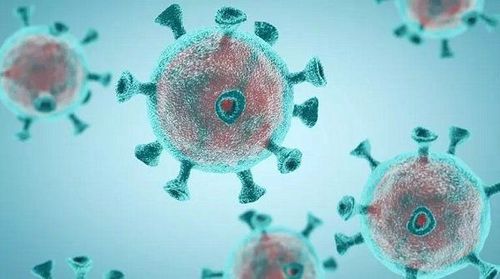
Nhiều nghiên cứu cho thấy mất ngủ suy giảm miễn dịch ở người bệnh
2. How does sleep loss cause immunodeficiency?
In many long-term studies, there is a clear link between sleep and the immune system.
Studies have shown that sleep and the immune system have a two-way relationship. This means that if you are infected with a microorganism and the body responds with an immune response to fight the pathogen, it will affect sleep. And getting enough sleep helps strengthen the immune system. In addition, studies have shown that sleep deprivation can weaken the immune system. Even with the usual triggers, a lack of sleep can affect the speed of recovery if you are sick.
Sleep deprivation can be explained by the following factors:
During sleep, your immune system releases proteins called cytokines. Sleep deprivation reduces the production of these protective cytokines. Antibodies and cells that fight infection are reduced if you don't get enough sleep. Through measurement and evaluation, it is found that the body's lymphocytes decrease if they do not get enough sleep. During illness or injury, the inflammatory response can help restore, fortify innate and adaptive immunity as the body works to repair the wound and fight infection. The inflammatory response works better while you sleep, which frees up energy for the immune system. The hormone Melatonin is a sleep-promoting hormone produced at night that has the ability to combat inflammatory stress. Affects the fever response: When the body is infected with microorganisms, we often see the body temperature rise. Rising to a certain level is called a fever. This is a good immune response for us. In particular, getting enough sleep will respond to fever better, helping the body fight infection as best as possible. Insomnia reduces vaccine response: Vaccination is a type of active immune response. But studies have found that a lack of sleep causes the body to make fewer antibodies to some vaccines. Our bodies take longer to respond to vaccinations. As such, people who don't get enough sleep may not give their bodies enough time to develop an immune memory, leaving them unprotected despite being vaccinated.
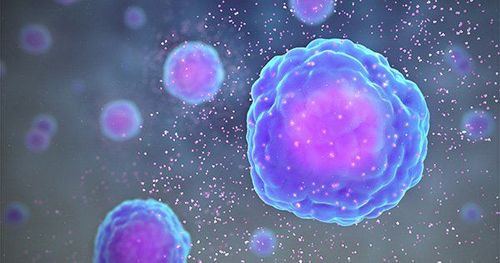
Mất ngủ nghiêm trọng làm giảm sản xuất cytokine ảnh hưởng tới hệ miễn dịch
3. What to do to reduce insomnia and strengthen the immune system?
Insomnia, the immune system are two factors that are closely related. Generally, the optimal amount of sleep for most adults is between 7 and 8 hours per night; adolescents need 9 to 10 hours of sleep; and school-age children should sleep 10 hours or more.
To improve your sleep, you can start by focusing on your habits and changing the environment accordingly. For example, have a fixed sleep schedule every day and avoid using cell phones in bed; exercise regularly, relax before sleeping; create a suitable sleeping environment, airy room and avoid light and noise...
In addition, diet and exercise are also very important for you to strengthen your immune system. Therefore, it is necessary to ensure a nutritious diet, exercise regularly and get enough sleep to keep the immune system healthy.
Insomnia weakens the immune system, makes us often sick, affects the quality of life and health. Therefore, you should try to get enough and quality sleep every day to live a healthier life. In the case of severe or chronic insomnia problems, it is important to see a medical professional to determine the cause and appropriate treatment.
Please dial HOTLINE for more information or register for an appointment HERE. Download MyVinmec app to make appointments faster and to manage your bookings easily.
References: mayoclinic.org, webmd.com, sleepfoundation.org



